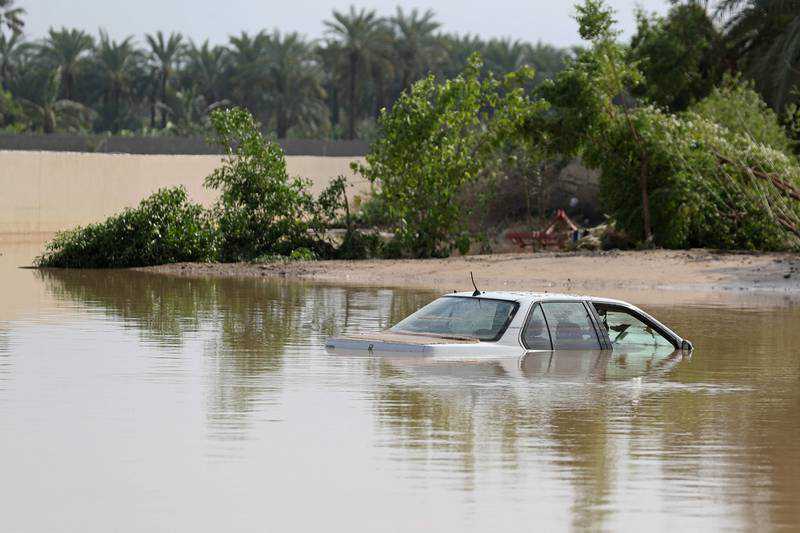Lessons that Cyclone Shaheen and social media shutdown could teach businesses
10 October, 2021

I was in Oman when Cyclone Shaheen hit last week. I knew that preparation was key, even though the residential compound management where my family and I were staying assured us we were safe and our villa didn’t need to be evacuated.
Regardless, I stocked up my food supplies, ensured my fuel tank was full and our passports and other necessities were packed in case we needed to evacuate the premises. As I began to drift asleep the night the cyclone was due to strike, we received a call from the residential compound management instructing us to leave our villa immediately. I grabbed our essentials and moved, not fully aware what would happen next.
Over the next two days, we faced a number of unexpected challenges as we literally weathered the storm while remaining safe.
But in addition to Cyclone Shaheen, the world encountered a tech cyclone of its own. Facebook, Instagram, and WhatsApp also faced a shutdown. Though it lasted only a few hours, it is estimated to have cost Facebook nearly $65 million in losses while it affected billions worldwide who were cut off from their friends and families. Many businesses that depend on these social platforms also faced a risk since apps such as Facebook are used to sign into e-commerce websites and internet connected devices including smart TVs.
The incident was an eye opener about the power that social media applications had over our daily lives and their ability to negatively impact our finances. A 2016 report by Deloitte stated that for a highly Internet-connected country, a temporary shutdown of the Internet and its associated services would cost an average of $23.6 million per 10 million population. The incident ignited a serious debate among entrepreneurs on how their businesses can survive potential future outages.
Though businesses can’t anticipate every crisis, we can prepare as much as possible for different scenarios.
Just as I was prepared to leave my house on the night of the cyclone, we need to ensure that our business’s essential areas aren’t compromised. With many businesses depending on storing their information on their computer devices, they should invest in back-up portable storage units and on the cloud.
A hurricane or any other disaster may not only mean that we would temporarily lose access to our information, but it can also jeopardise our entire work. This also means that companies need to invest in an alternative work plan. If a natural disaster happens, they should be able to work remotely or have another location as a backup to their physical office location.
This reminds me of an advice my father gave me years ago: never to put all my eggs in one basket. Many small businesses and influencers depended on one or two social media channels to connect with their customers. But last week's social media shutdown showed retailers who depend on WhatsApp or Facebook the industry can be incapacitated in a blink of an eye. As Facebook stopped working, message app Telegram's founder stated that more than 70 million new users, or “refugees” as he labelled them, joined the app.
Invest in other forms of communications with your customers. Social media is not the only way to expand a business. Consider email lists as a communications channel and develop a plan to stay in touch with your customers in the event of a crisis.
While we can’t always anticipate every kind of disaster, preparation can help us mitigate the risks as much as possible.
Source: www.thenationalnews.com
